Novel Coronavirus (COVID-19): Market Disruptions and Their Impact on Financing Arrangements
Miller & Martin PLLC Alerts | March 02, 2020
Author: Alan Madison
UPDATE: As of March 11, 2020, the World Health Organization has declared the COVID-19 outbreak a pandemic.
Capital markets and businesses are experiencing significant volatility, disruption and uncertainty due to the novel coronavirus (COVID-19), including disruptions to supply chains around the globe. While the long-term impacts of the outbreak are uncertain, some companies are already revising their projections for the first quarter of 2020 (and beyond) to account for its impact on their businesses. Among the many challenges companies will face during this time of uncertainty, principals should consider their obligations under their financing arrangements. Under certain circumstances, failure to recognize and abide by these obligations could trigger an event of default and entitle lenders to begin exercising remedies.
Whether a company will have obligations under its financing arrangements due to the impacts of the coronavirus will depend on the specific factual matters relevant to each business, as well as the applicable language in its underlying agreements. Set forth below are common provisions in loan agreements, indentures, note purchase agreements and other debt instruments that should be considered. Parties to debt instruments should carefully review their agreements to determine what obligations they may have and consider engaging proactively with their lenders to discuss the impacts that the coronavirus may have on their businesses and financial performance.
- Compliance with Financial Covenants – Most debt instruments include requirements that borrowers maintain a certain level of financial performance, many of which are based in part on a calculation of the EBITDA of the business. For most borrowers, compliance certificates for the first quarter of 2020 are not due until 30 or 45 days following the end of the fiscal quarter. If disruptions caused by the coronavirus for a particular business are already apparent, borrowers should consider whether early discussions with their lenders are warranted.
- Representations and Warranties – Most revolving loans and other lines of credit include a requirement that borrowers “bring down” the representations and warranties contained in the loan agreement as a condition precedent to any additional advances. For some businesses, the disruptions caused by the coronavirus may impact their ability to make certain representations and warranties and thus their ability to draw on their line of credit may be impacted.
- Notice Requirements – Borrowers should consider whether the impacts of the coronavirus create any obligations under the notice provisions in their debt instruments. Often, borrowers must give “prompt” notice of any material changes in the financial condition or prospects of their business. If a borrower is already aware of material adverse effects on their business, they may have an obligation to report it to their lenders.
- Material Adverse Effect/Material Adverse Change – Borrowers should carefully review the definition of “Material Adverse Effect” or “Material Adverse Change” contained in their debt instruments to determine whether a Material Adverse Effect or Material Adverse Change has occurred, and if so, what their current obligations are under their loan documents.
For most companies, the analysis of the impact of the coronavirus on their business has only just begun. As part of that analysis, businesses should give careful consideration to what impact, if any, the uncertainties and market disruptions caused by the coronavirus may have on their financing arrangements. Please contact Alan Madison or any other member of our Corporate Practice Group if you have any questions regarding this alert.

